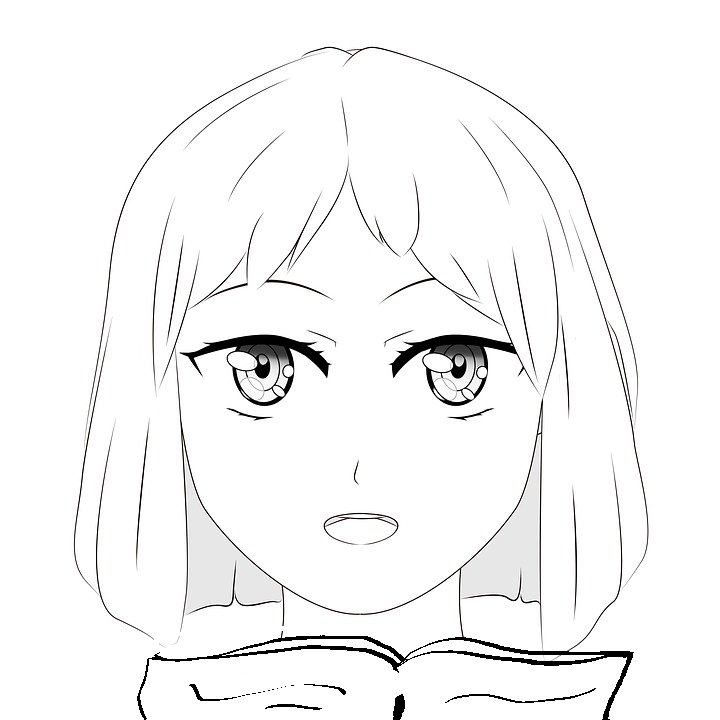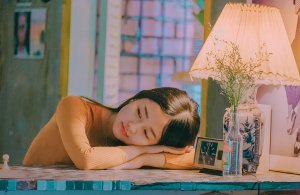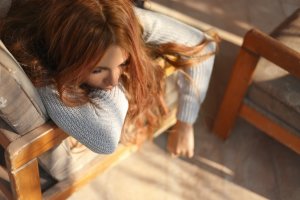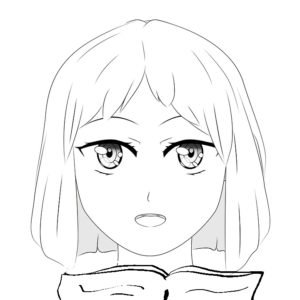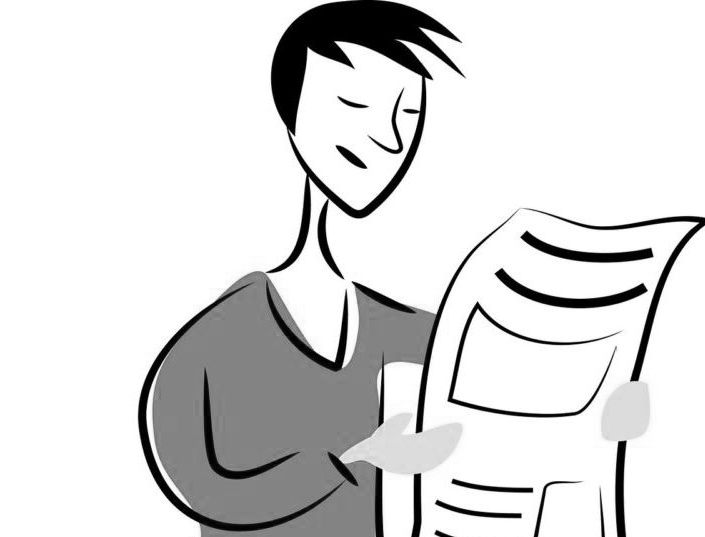The modern world is a complicated web of required duties, self-imposed duties, social norms, and interpersonal considerations, it isn’t shocking to know that more and more people are succumbing to anxiety. There has to be a perfectly logical reason for the rather sizable market for anxiety medications in the world, after all. However, wise people would understand that not every single problem in the world can be solved by popping a pill. Pharmaceutical solutions aren’t the only ways to deal with all of the anxiety that the world throws at you, particularly since nature provides a few excellent alternatives to practically all forms of medication. While not all herbal and natural anxiety medications are approved by the Food and Drug Administration, a few of them have been verified to have positive effects against anxiety.
There are several herbs that are known to have effective anti-anxiety effects, though results are likely to vary. Among the ones that have clinical studies backing up the claims of the people selling them would be Valerian, which is rapidly starting to seem like an effective herbal treatment for virtually any mood disorder. Valerian is known to contain valerenic acid, which is the closest thing the herb has to an actual active ingredient. This particular component has been known to alleviate the symptoms of anxiety, though no one is entirely sure how it does this. Most experts theorize that the compound somehow triggers the release of neural stimulants, making it similar to how pharmaceutical anxiety medications tend to function.
Green tea can also be used as an alternative to conventional anxiety medications, because it contains L-theanine. L-theanine is an amino acid that is known to also be an effective anti-anxiety treatment. Most patients report that this particular amino acid is just as effective in fighting the symptoms of anxiety as the typical pharmaceutical solution, though it does not have any addictive or habit-forming properties. There are a number of other herbs that have L-theanine, but according to clinical studies, none of them have it in a high enough concentration to have any appreciable or noticeable effect. Most samples of green tea commercially available on the market are also low on L-theanine, but there are variants that contain up to 98% in concentration. These blends are the best if the tea is going to be used to fight anxiety.
The passion flower, according to recently concluded studies into the plant’s medicinal potential, can also be used for conditions such as anxiety and related disorders. However, just like Valerian, not all products that passion flower will contain a high enough concentration of the active ingredient to be of any use to someone with anxiety. In the case of the passion flower, the ingredient that works as a pharmaceutical substitute would be vitexin, which needs to be at 3% concentration or higher to have any appreciable effect. It has been found that a herbal tincture that contains both Valerian and passion flower would be more effective than just taking either herbal remedy on its own.

